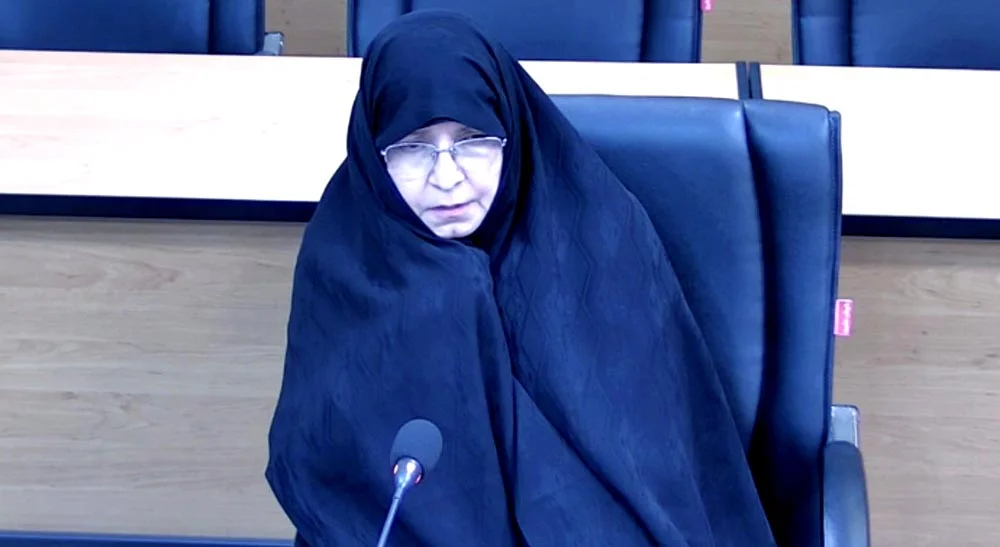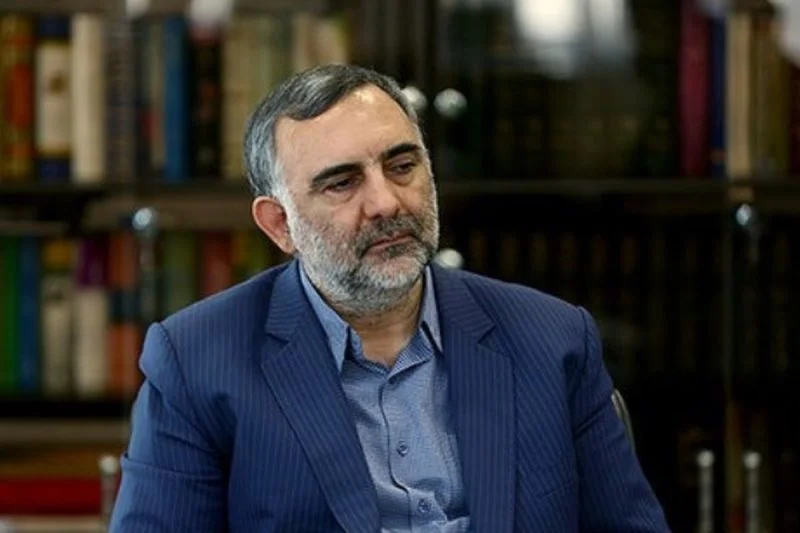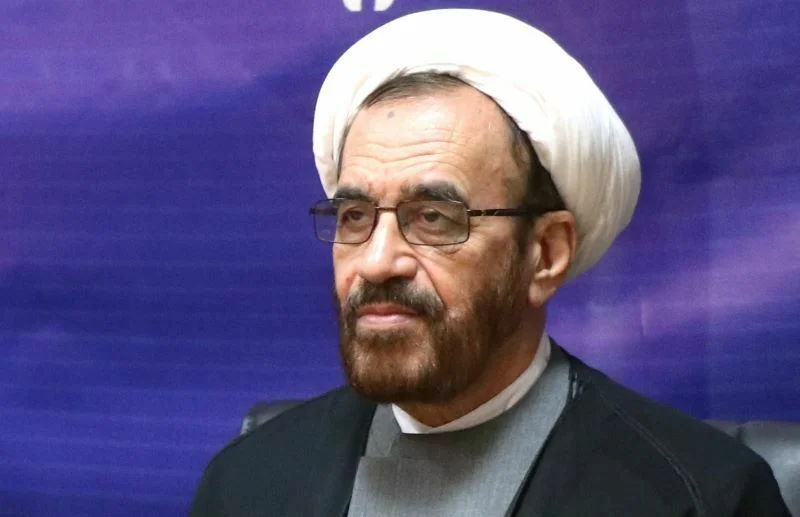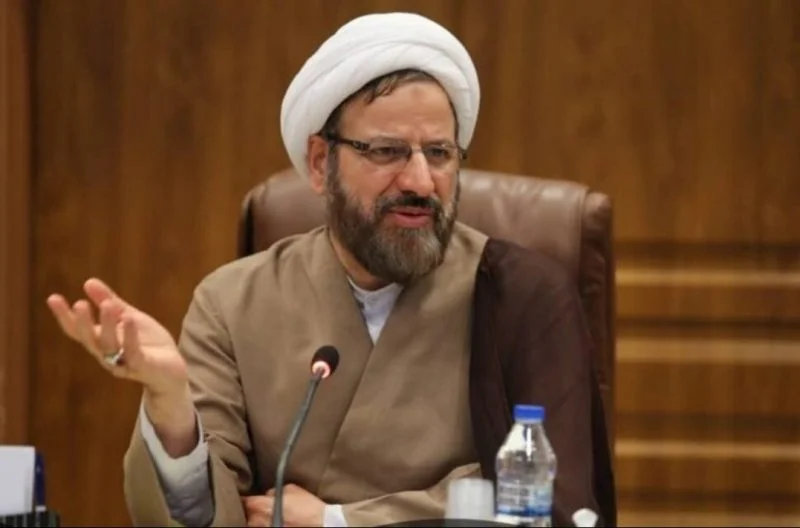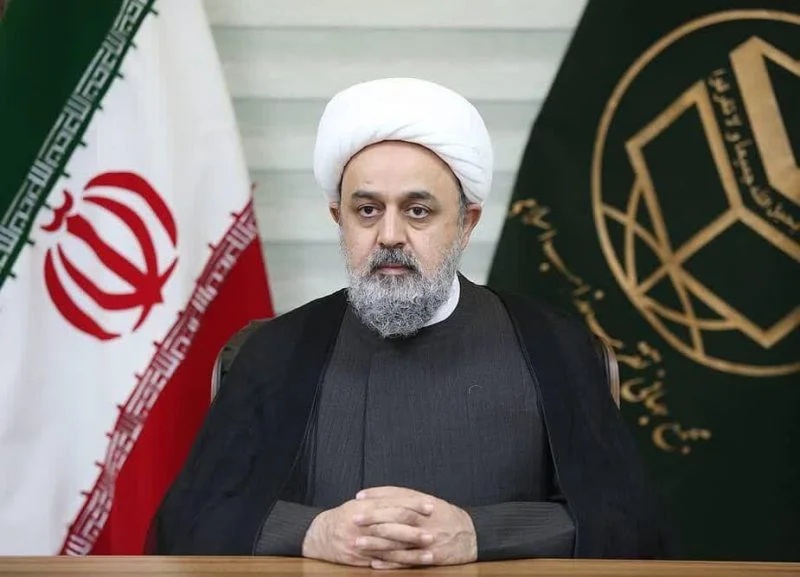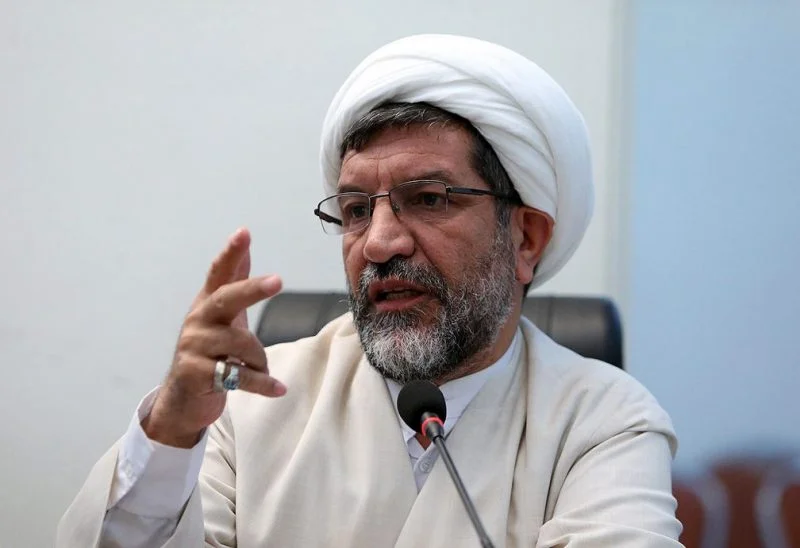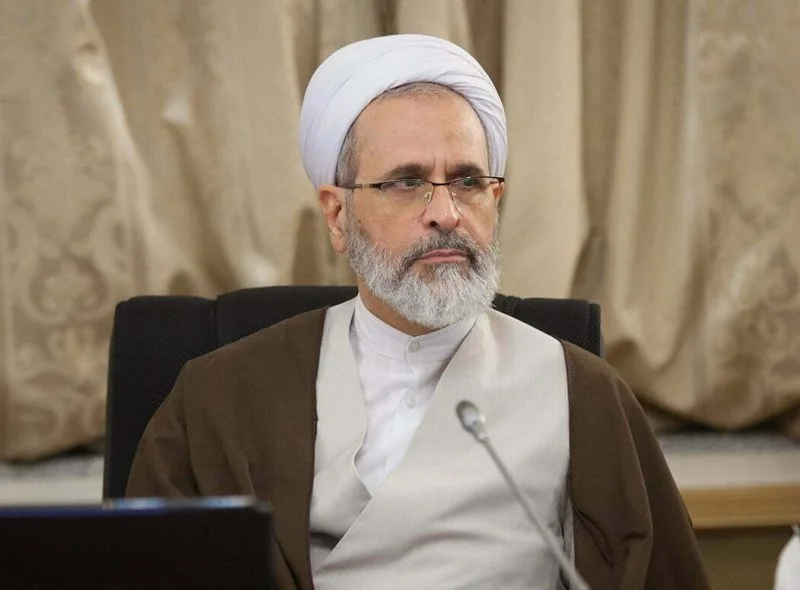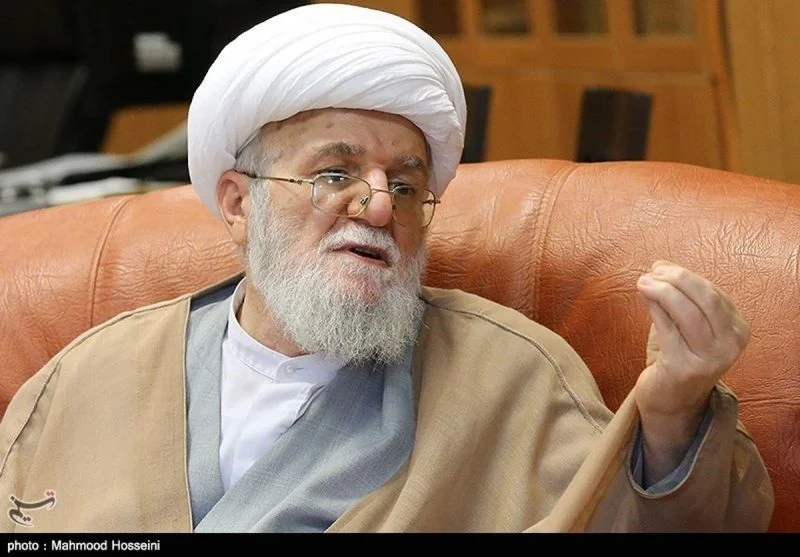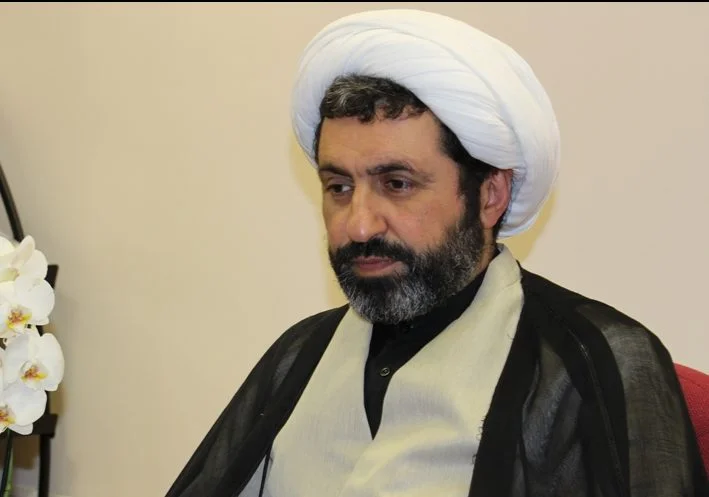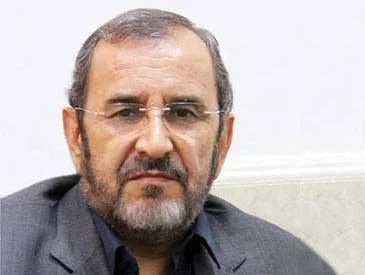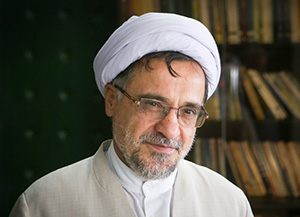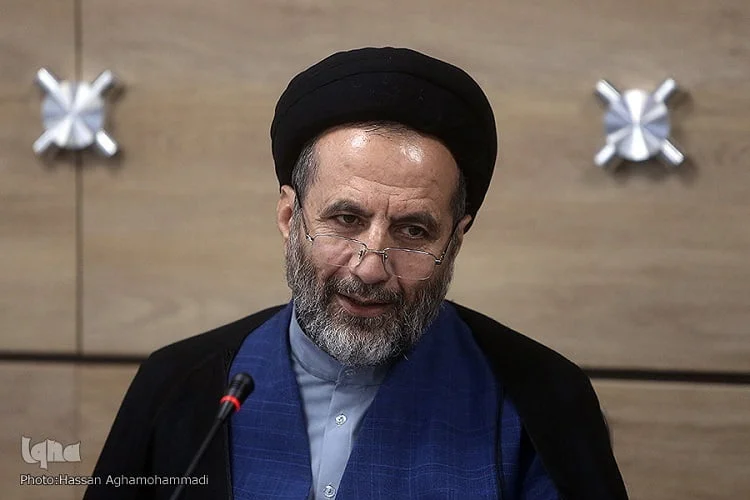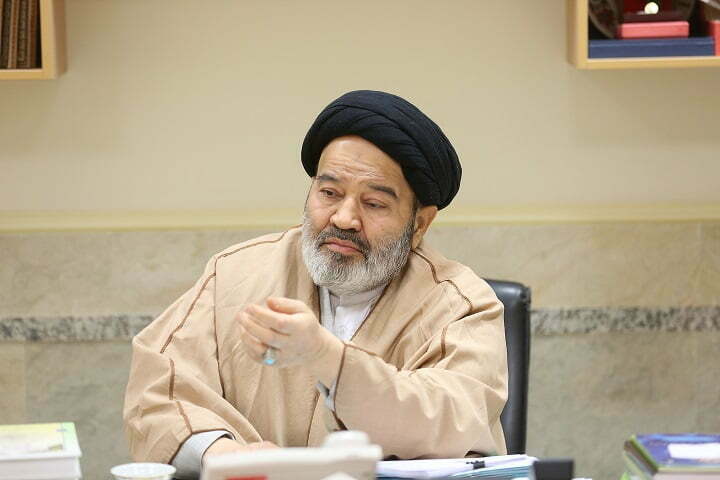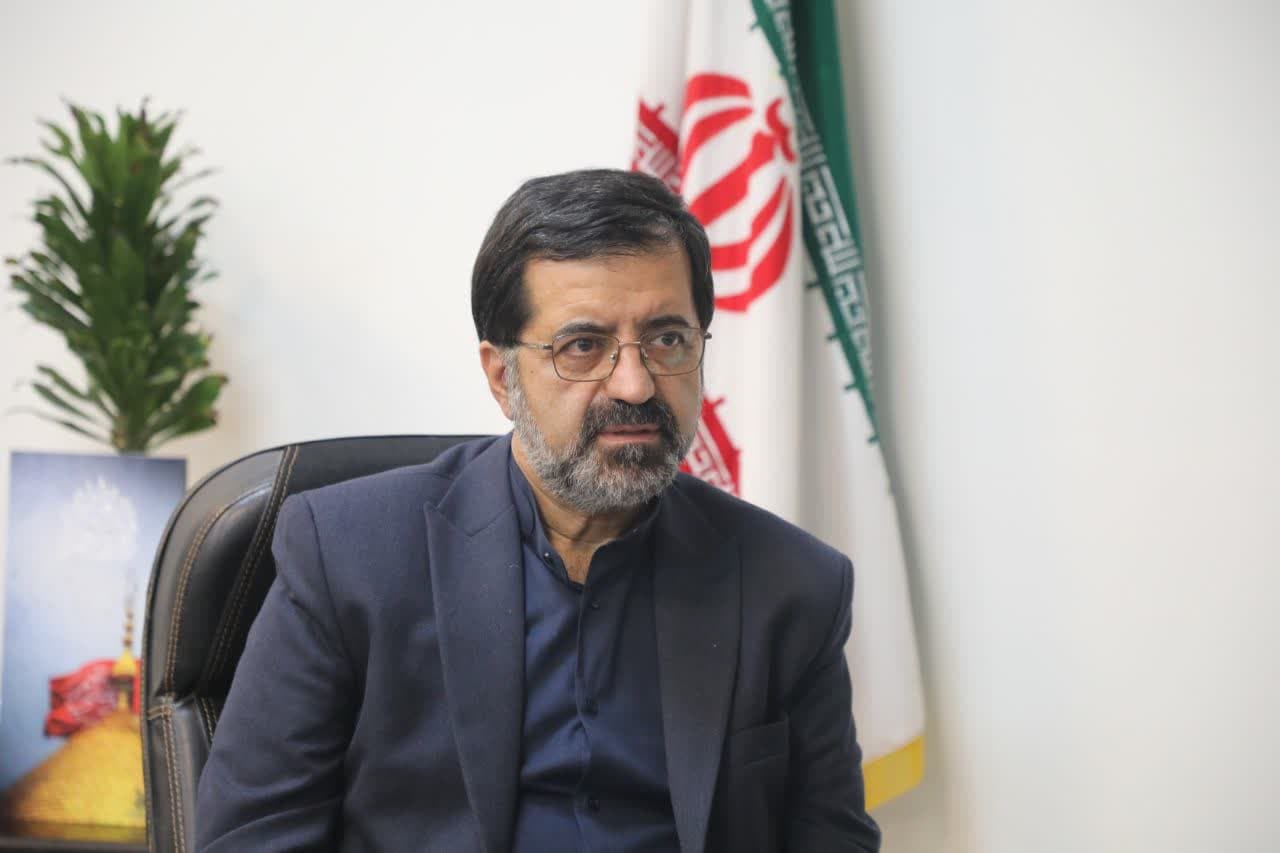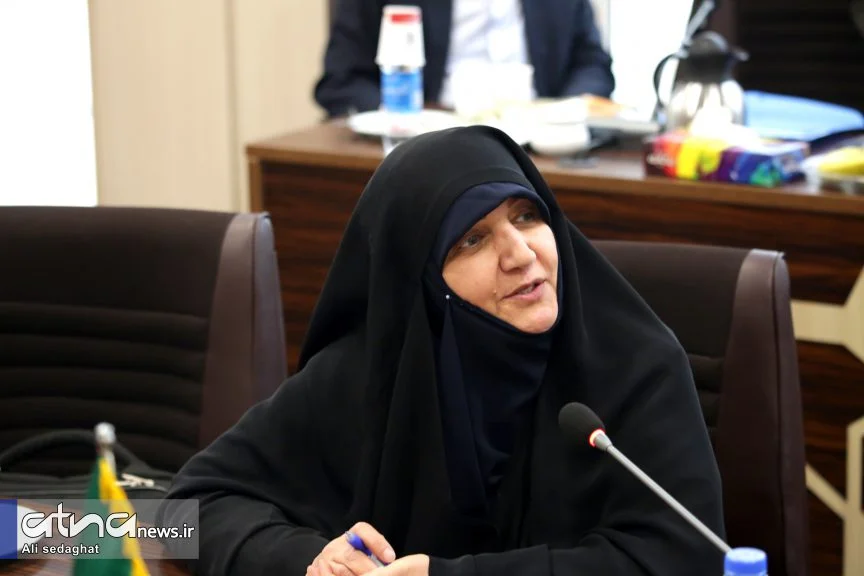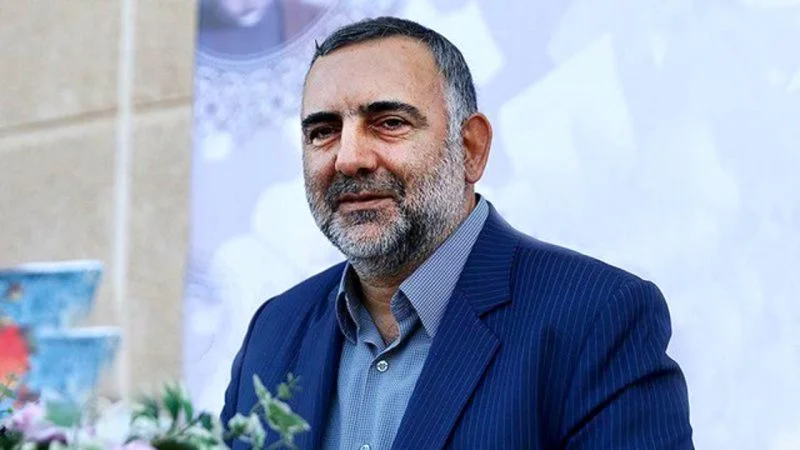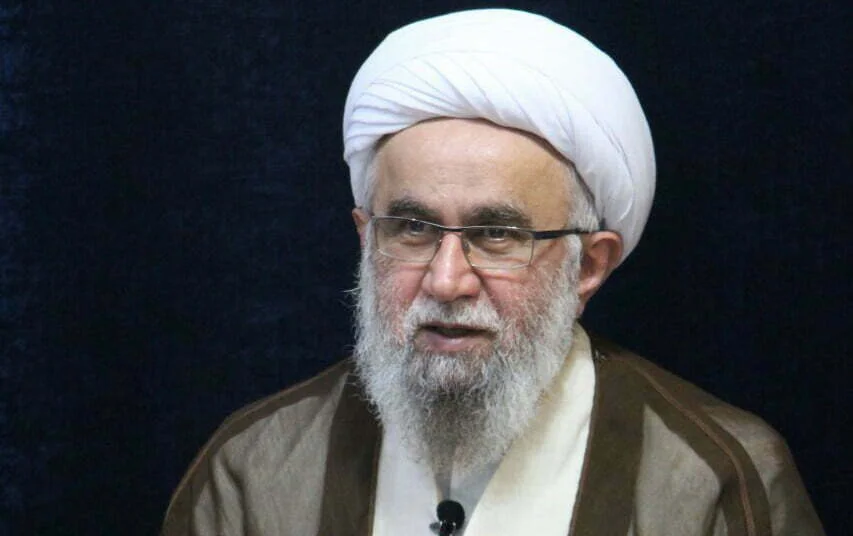About URD
The University of Religions and Denominations is an international, non-profit and non-governmental university that provides academic education in the field of world religions.
This university is the first and only university specializing in religions and denominations in Iran and the world, which, while recognizing religions and denominations, insists upon interaction and dialogue with their followers based on commonalities. The main goal of the university is to train human resources experts in the field of religions and denominations, as well as research in this field in the direction of human solidarity, strengthening peace, and reducing human suffering by expanding spirituality and ethics. Therefore, various topics related to religions are taught in this university with different and interdisciplinary approaches in many different fields.
The University of Religions and Denomination has the largest number of students among non-profit universities in Iran. In addition to Iranian students, about 12,000 foreign scholars from 35 nationalities are studying in this university. So far, about five hundred high-ranking scientific, cultural and political delegations from 52 countries have visited this university, and many memorandums of understanding have been established between them and the University of Religions and denominations. This university organizes numerous scientific trips to different parts of the world for its students to learn about different religions and cultures.
University of Religions and Denominations has defined the vision of the next ten years to reach the university rank of the most prominent university in Iran, one of the top five universities in the region and one of the well-known universities in the world. This university aims to be a reference in the recognition, development and deepening of studies of religions and denominations, training of scientific elites, religious thinkers and social reformers, and playing a role in scientific assemblies and inter-religious and inter-denomination dialogues in Iran and the world. One of the important goals of the University of Religions and denominations is to train graduates who can play a role in understanding and finding solutions to religious and denominations challenges.
Mission statement
University of Religions & Denominations, the first specialized university in the field of religions and denominations in Iran, and an offshoot of the Islamic Seminary, aims to obtain knowledge of religions and denominations and strives for interactions and dialogues with their followers based on common beliefs. Furthermore, it pursues to conduct research, and train specialists in order to establish human solidarity, strengthen peace, alleviate human sufferings, disseminate spirituality and morality, and provide a scholarly introduction to Islam in consonance with the doctrines of the Progeny of the Prophet Muhammad (Ahl al-Bayt); peace be upon them.
HISTORY
International relations A group of scholars from the seminary motivated dialogue and religious interaction and the introduction of true Islam and pure Shiism, caused that in 1373 a group of scholars of the seminary of Qom gathered to study in three disciplines of Abrahamic religions (Christianity and Judaism), religions Oriental (Buddhism, Hinduism, Far East and Ancient Iran) and Islamic religions (theological religions). In addition to studying in these three disciplines, the group also learned English, contemporary Arabic, Sanskrit and Hebrew over a four-year period.
Studies of religions and sects continued until 2004. Following the efforts and pursuits for training forces in the field of religions and sects, three topics were developed and proposed to the Ministry of Science, Research and Technology. The Higher Development Council of the Ministry of Science approved the titles, and then in 2005, entitled “Center for Higher Education, Studies and Research in Religions and Religions,” the first group of students began their studies at the graduate level.
Since some disciplines were taught in the country for the first time, the faculty members prepared and compiled the titles of the six disciplines, and after the approval of these disciplines by the Ministry of Science, they started teaching those subjects themselves.
In 2008, the Minister of Science, Research and Technology accepted the promotion of the Center for Higher Education for the Study and Research of Religions and Beliefs to the “University of Religions and Religions”.The Ministry of Science, Research and Technology strongly agreed with the promotion due to the conformity of the university’s educational quality with the legal standards, and did not see the need to pass the “principled agreement” stage. In this regard, the then Minister of Science, Research and Technology, in a letter to Hojjatoleslam and Muslims, Seyyed Abolhassan Nawab, the founder and president of the University of Religions and Religions, wrote:
“At its meeting on April 20, 2008, the Council for the Development of Higher Education made a definite agreement with the promotion of the non-governmental non-profit higher education institute of religions and sects to the” non-governmental university of non-profit religions and sects. ”
After that, tens of disciplines were gradually defined and established in several faculties in order to admit hundreds of volunteers and interested people to the University of Religions and Religions through specialized and national exams in master’s and doctoral degrees. From the year of upgrading the Institute of Higher Education of Religions and Beliefs to the University of Religions and Beliefs until 2016, the five faculties of “Religions”, “Islamic Religions”, “Shia Studies”, “Philosophy” and “Women and Family” have been active in three fields each. After that, several other faculties, such as the Faculty of Mysticism and the Language and Culture of Nations, received licenses to establish and operate.
The e-learning center (distance learning) of the University of Religions and Beliefs has started its work since 2012 by using professors and trainers familiar with e-learning techniques, with the official permission of the Ministry of Science, Research and Technology. The center is trying to expand the teaching of the university’s undergraduate courses in the distance learning department, which will play a great role in the educational and research development of the knowledge of religions and sects.
Founding Board
Board Members
Duties and powers of the Board of Trustees:
- Approval of the internal regulations of the Board of Trustees
- Proposal of the President of the University to the Minister of Science, Research and Technology
- Approval of the organizational chart and organization of the university and the necessary regulations according to the proposal of the president of the university
- Review and approval of the current budget, development and research of the university
- Propose university development plans to the founding board for review and legal proceedings
- Appointing the treasurer and the official auditor of the university, as well as appointing the persons who have the right to open university accounts with banks, financial and credit institutions, and loan funds, and the right to withdraw from those accounts.
- Approval of the annual accounts and balance sheet of the university according to the report of the university auditor and sending its report to the founding board
- Efforts to attract financial aid and facilities from individuals and legal entities
- Approval of the employment regulations of the university staff and their salary and benefits tariffs within the framework of the relevant rules and regulations.
- Determining the amount of teaching, research, writing, translation, etc. in accordance with the rules and regulations of the Ministry
- Proposing the development or dissolution of university courses to the founding board
- Approval of the by-laws of the University Council
- Approval of the financial and transaction regulations of the university and its executive methods
- Propose student tuition and regulations on how to receive it to the Ministry of Science, Research and Technology for approval
- Approve the student admission capacity proposed by the President of the University for each year and each academic year and send it to the Office of the Council for the Development of Higher Education for final approval.
- Approval of obtaining banking facilities from banks and financial and credit institutions and obtaining good loans from natural and legal persons upon the proposal of the founding board
- Dismissal of the President of the University

